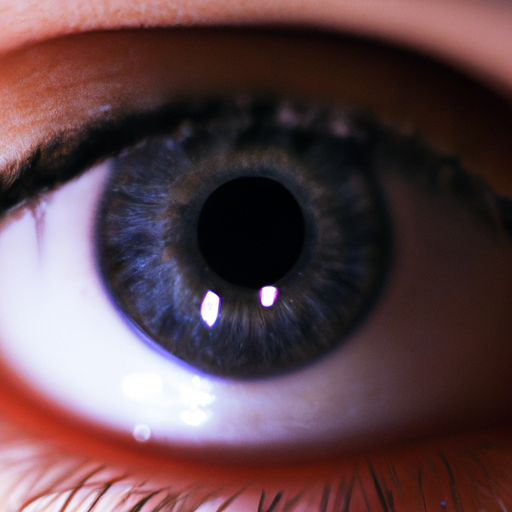As a dermatologist, I am often asked about the effectiveness of anti-aging eye creams. Many of my patients are curious about the promises these products make, and whether they can truly deliver on them. Today, I would like to unveil the magic behind these creams, explaining the science and secrets that make them work.
The skin around our eyes is one of the first areas to show signs of aging. This is because it is thinner and more delicate than the rest of our facial skin. It is also more exposed to environmental factors and stress, which can accelerate the aging process. Anti-aging eye creams are specifically formulated to combat these issues, using a combination of active ingredients that target different aspects of skin aging.
One of the primary ingredients in many anti-aging eye creams is retinol, a derivative of vitamin A. Retinol has been scientifically proven to stimulate collagen production in the skin. Collagen is a protein that gives our skin its firmness and elasticity. As we age, our bodies produce less collagen, leading to wrinkles and sagging skin. By boosting collagen production, retinol can help to reduce the appearance of fine lines and wrinkles around the eyes.
Another key ingredient in many anti-aging eye creams is hyaluronic acid. This molecule has an incredible ability to retain moisture, holding up to 1,000 times its weight in water. As we age, our skin’s natural ability to retain moisture decreases, leading to dryness and dullness. By replenishing the skin’s moisture levels, hyaluronic acid can help to plump up the skin and reduce the appearance of fine lines and wrinkles.
Many anti-aging eye creams also contain antioxidants such as vitamins C and E. These vitamins are known for their ability to neutralize harmful free radicals, which are unstable molecules that can damage our skin cells and accelerate the aging process. By neutralizing these free radicals, antioxidants can help to protect the skin from environmental damage and slow down the aging process.
Peptides are another common ingredient in anti-aging eye creams. These small proteins can penetrate the skin’s surface and send signals to our cells to produce more collagen. This can help to firm up the skin and reduce the appearance of wrinkles.
While these ingredients can certainly help to reduce the signs of aging, it’s important to remember that no cream can completely reverse the aging process. The best way to keep your skin looking youthful is to take care of it from the inside out. This means eating a healthy diet, staying hydrated, getting plenty of sleep, and protecting your skin from the sun.
In conclusion, anti-aging eye creams can be a valuable addition to your skincare routine. They contain scientifically proven ingredients that can help to reduce the appearance of fine lines and wrinkles, hydrate the skin, and protect it from environmental damage. However, they are not a magic bullet, and should be used in conjunction with a healthy lifestyle for the best results.



